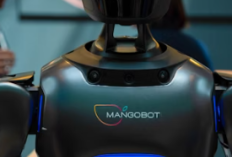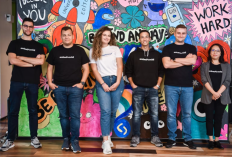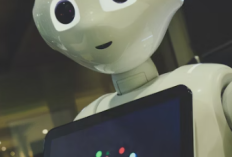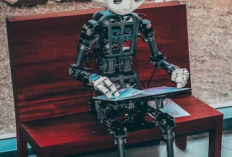Artificial Intelligence Projects That Started as Simple Jokes
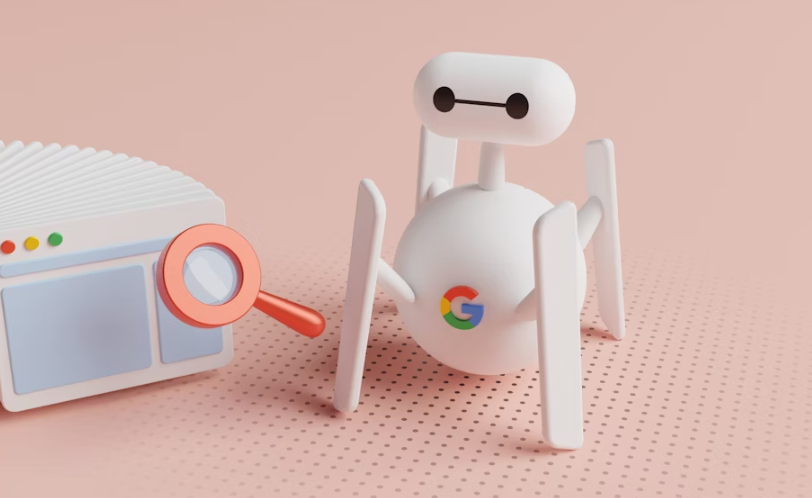
a-small-white-robot-next-to-a-small-white-radio-Growtika-https://unsplash.com/
Artificial Intelligence Projects That Started as Simple Jokes
It all started as a laugh. Someone built an AI to name guinea pigs. Another trained a neural network to invent pizza recipes. What began as playful experiments — or even jokes — became stepping stones for serious innovation. In the world of Artificial Intelligence, humor and curiosity often spark breakthroughs no one expected.
When Humor Meets Code
Some of the most famous AI projects weren’t born in labs but on social media. Developers wanted to test what neural networks could do, not change the world. Yet these small curiosities revealed something profound: AI’s ability to imitate — and sometimes exaggerate — human creativity.
1. The “Neural Network Cookbook”
In 2017, researcher Janelle Shane trained an AI to generate recipes. The results were hilarious — “Chocolate Chicken Water” and “Onion Cookies” — but they also showed how AI interprets structure and pattern recognition. This led to deeper insights into text-based model training and the challenges of understanding human logic.
2. AI That Names Paint Colors
Another viral experiment asked AI to create names for paint colors. The outcomes were absurd (“Stanky Bean”, “Turdly”) yet the project revealed how machine learning handles linguistic nuance. Today, similar models help design tools like Adobe’s color palette recommendation systems.
3. Chatbots Built for Fun
From the sarcastic “InspiroBot” that generates absurd motivational quotes to bots that mimic Shakespeare or Yoda, fun-driven AI projects have pushed the boundaries of conversational models. What started as parody now informs tone calibration in serious AI assistants.
The Unexpected Value of Play
Playfulness has always driven creativity. In AI, it allows researchers to test the limits of algorithms without the pressure of corporate outcomes. These “joke projects” reveal weaknesses in datasets, biases in training, and even new user behaviors that more formal research might overlook.
Why Jokes Matter in Innovation
- They encourage open experimentation without fear of failure
- They reveal unpredictable outcomes that fuel new ideas
- They humanize technology and make AI relatable
- They bridge the gap between creativity and computation
Behind the laughter lies serious progress. Every quirky, humorous AI project carries a message — that innovation often begins not with a business plan, but with a spark of curiosity and a willingness to play.


